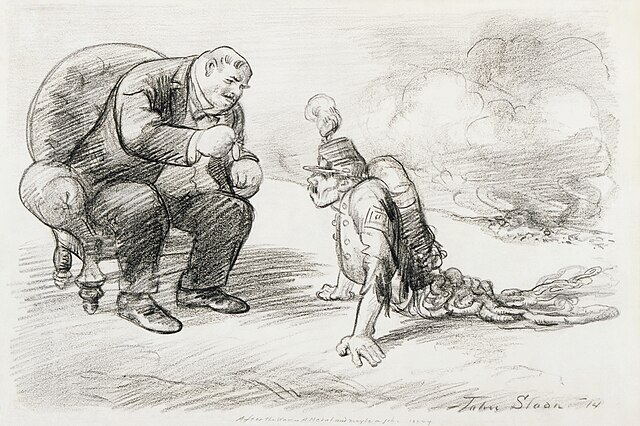Nov 11 2025

No one knows how to define capitalism, We have no clue what it is. So just a basic understanding of the fact that we live in an economic system that has as its engine, the quest for profit. And it's not about individual greed. We need to stop with the idea that, ‘oh, it's all because people are greedy’. No, I'm sorry. Again, people are not greedy. The point is that the systemic engine of our economic system is profit. Meaning in making more money than you originally invest. And that this investment for profit is in the hands of very few private investors who have no other logic in mind. And this logic is completely detached from the actual human instinct, right? Because it is all about maximizing the gains of shareholders while this is destroying people, destroying the climate, and destroying every aspect of our life, our mental health leading to the violence and the drug abuse. We can't understand all these social maladies without linking it to the way we're socialized in this world. The hardship that everyone has to go through. The fact that we don't even have proper education systems anymore because this is functional to an economy that operates according to logic that is not for us.
Clara E. Mattei, a professor of economics at The University of Tulsa. She is the Founding President of FREE—the Forum for Real Economic Emancipation—and the author of "The Capital Order”, which was praised by The Financial Times as one of the ten best economics books of 2022 and has been translated into over a dozen languages. Clara joins This Is Hell! to talk about her new book, "Escape from Capitalism: An Intervention”, by Simon & Shuster.
We will have new installments of Rotten History and Hangover Cure. We will also be sharing your answers to this week's Question from Hell! from Patreon.
Help keep This... read more
Séamus Malekafzali
Jan 15
The Assassination That Paved the Way for Trump’s Venezuela Attack / Séamus Malekafzali
Terence Keel
Dec 10 2025
Coroners Complicit in Obscuring Violent Deaths in State Custody / Terence Keel
Nov 4 2025
Oct 29 2025
Oct 28 2025
Oct 7 2025



